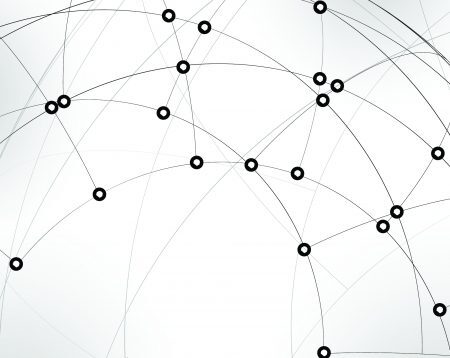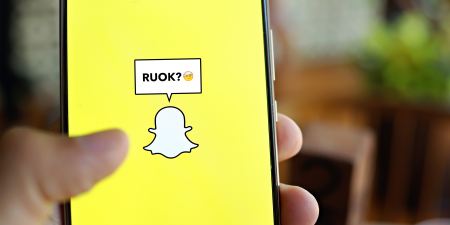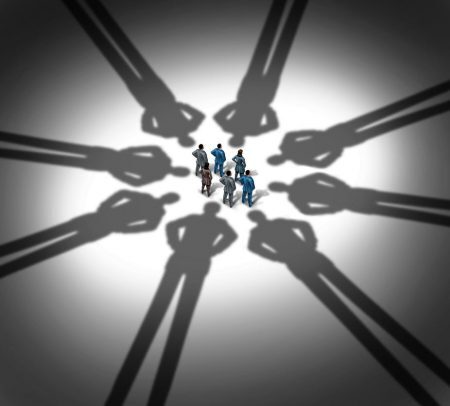Whether you’re still working from home or on corona-leave at the moment, we all have additional time on our hands.…
Search Results: artificial intelligence (817)
Coronavirus has certainly created a pandemic of fear. The entire planet’s media is gripped by coronavirus. It is right that there is deep concern and mass planning for worst-case scenarios. And, of course, the repercussions move from the global health sphere into business and politics.
BlueDot’s AI algorithm, a type of computer program that improves as it processes more data, brings together news stories in dozens of languages, reports from plant and animal disease tracking networks and airline ticketing data. The result is an algorithm that’s better at simulating disease spread than algorithms that rely on public health data – better enough to be able to predict outbreaks. The company uses the technology to predict and track infectious diseases for its government and private sector customers.
While Facebook and Twitter host a broad range of user activities, a study asked, what does off-label use look like on an app like Tinder, which has an articulated label? Further, how does off-label use play out when other users expect that the app has fixed purposes?
Snapchat has announced a new feature called “Here For You” that promises to “provide proactive in-app support to Snapchatters who may be experiencing a mental health or emotional crisis”.
The popular youth-oriented app is the latest to join a wave of social media platforms setting out to monitor and improve the well-being of their users.
Being creative is clearly one of the most remarkable human traits. Without it, there would be no poetry, no internet and no space travel. But could AI ever match or even surpass us? Let’s have a look at the research.
In the past year, Elon Musk and Tesla have fascinated the world with new innovations like the Tesla Cybertruck. There is excitement about most new Tesla products, but one hugely important one has been largely overlooked. With far less fanfare and no stage performance by Musk, Tesla started offering car insurance last September.
South Africa’s energy crisis has many dimensions, from political and economic to technical and environmental. Recently, the country’s power utility, Eskom, has been generating only about 60% of its capacity and has had to restrict usage to prevent a regional blackout.
Workplace surveillance sounds like the stuff of nightmares, but we are having to get used to it. In a sign of the times, the European Court of Human Rights has just ruled that a supermarket in Barcelona was entitled to fire employees after catching them stealing on CCTV cameras that they didn’t know were installed. This overturned a decision by the court’s lower chamber that the cameras had breached the employees’ human rights.
The digital economy has been getting a lot of attention, with increasingly strong headlines offering apocalyptic as well as breathtakingly exciting scenarios. Some warn of job losses due to automation, some wonder at the things digital technology can do. And then there’s real scepticism about whether this will translate into delivering to people who need it most.










